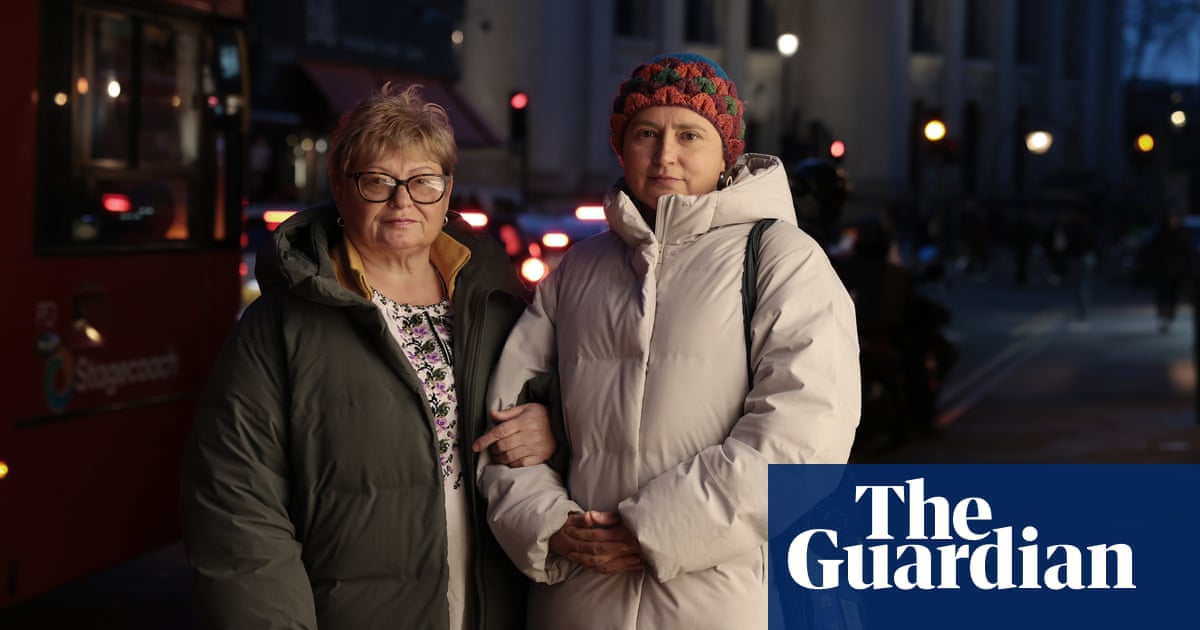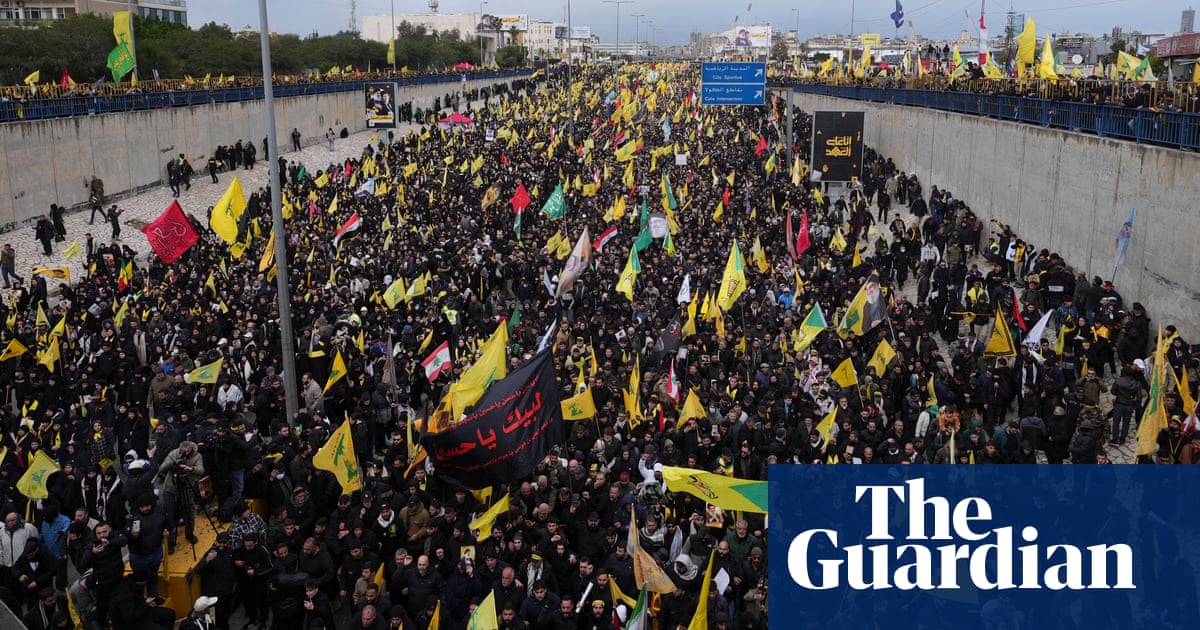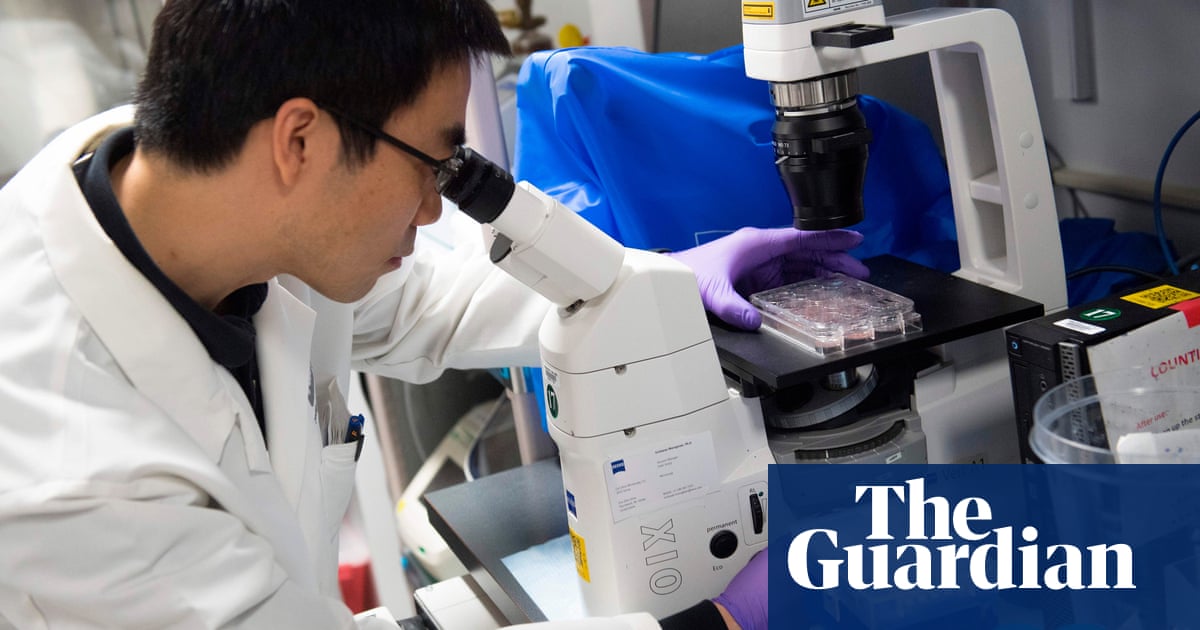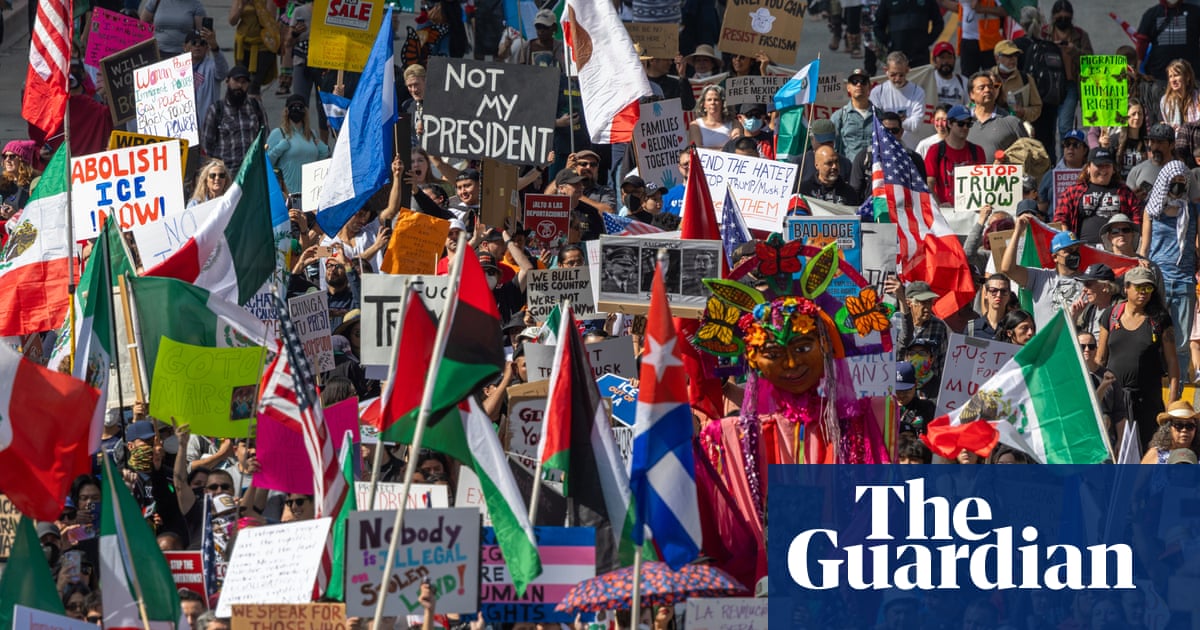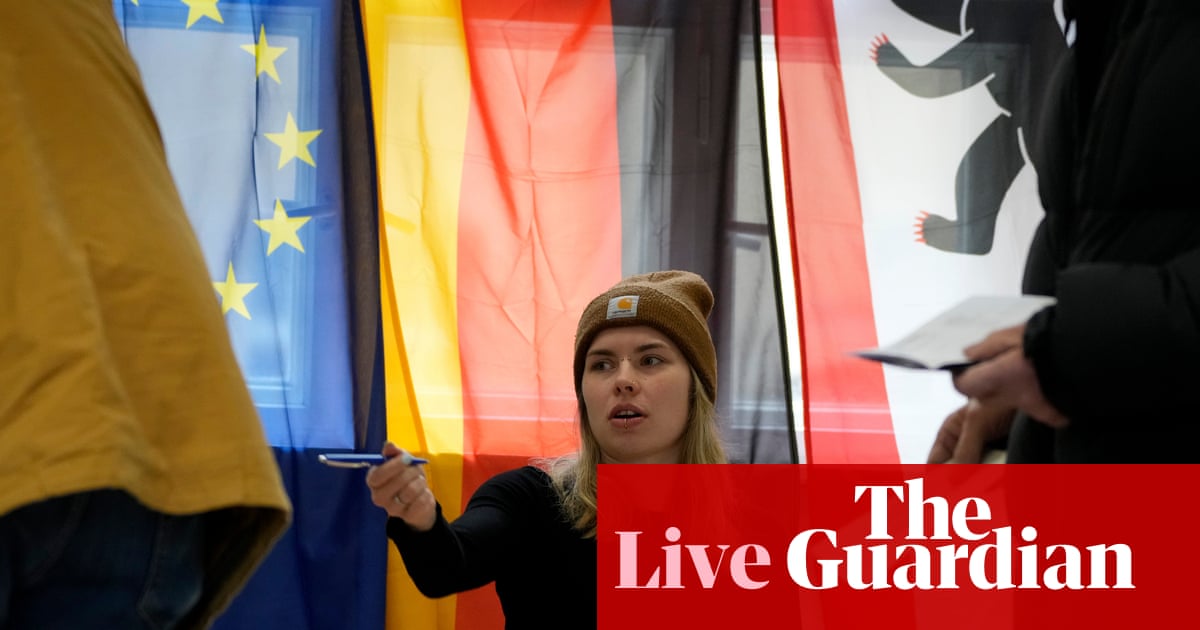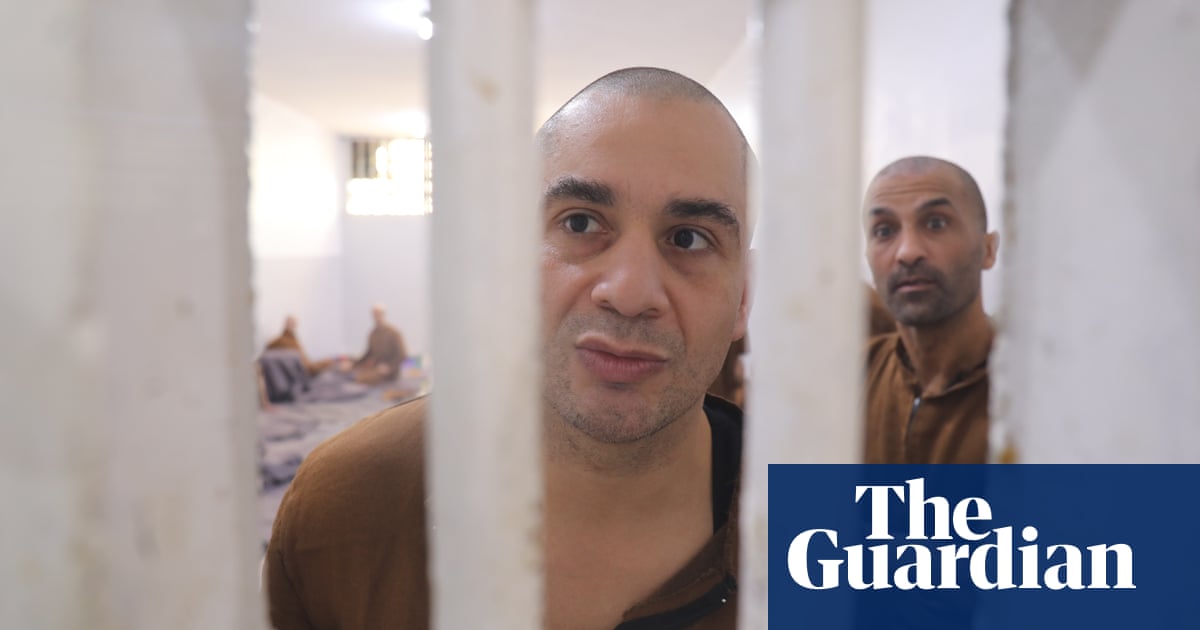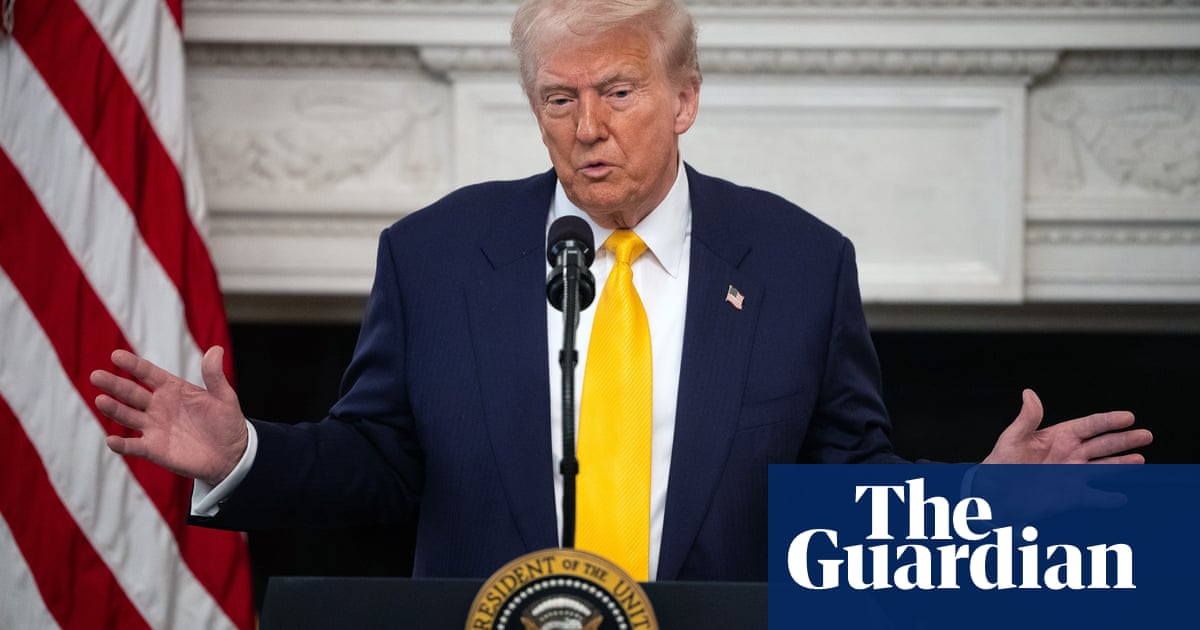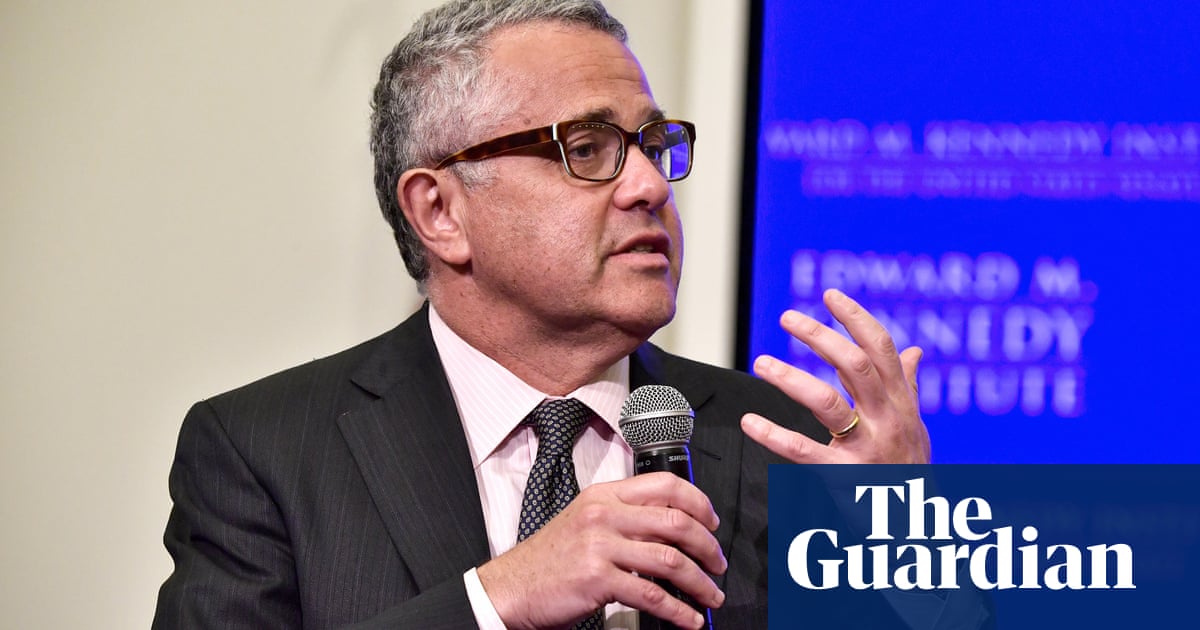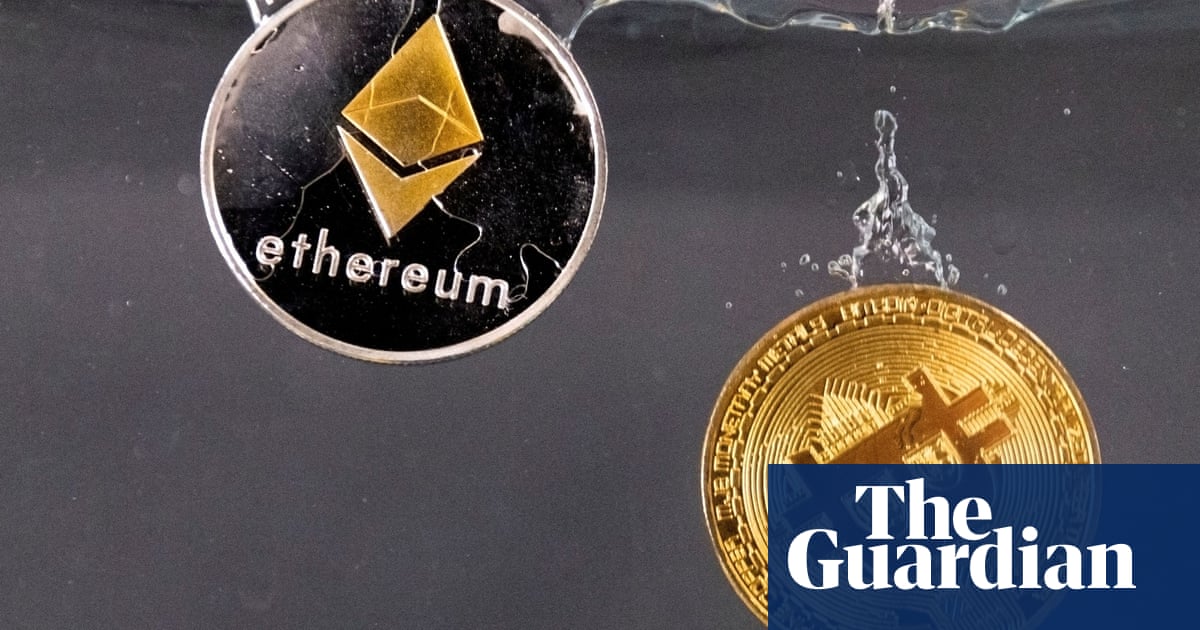The climate crisis is all around us. And the world is not moving nearly fast enough. In that context, the Cop process for climate negotiations feels frustratingly slow. Yet it is the best mechanism for multilateral action we have, so we have to use it to do everything we can to speed up action.
The UK went to Cop29 determined to play its part in a successful negotiation because it is in our national interest. As the prime minister said in Baku earlier this month, there is no national security without climate security. That is so clear from the effects of Storm Bert over the past couple of days. If we do not act, we can expect more and more of these extreme and devastating outcomes.
The only way we keep the British people safe from extreme weather, economic disruption and the destruction of nature is to get the world to act. The previous government used the fact that the UK is responsible for about 1% of annual global emissions as an excuse for inaction. But given that climate impact knows no borders, our only hope of keeping the UK safe is to lead and work with other countries to ensure the other 99% of emissions are also addressed.
By this standard, the 11th-hour deal reached at Cop29 is a step forward. The reality is there is no route to a stable climate without supporting developing countries to embrace the clean-energy revolution. The $300bn climate finance goal, trebling the current $100bn, will help poorer countries get the finance they need to decarbonise their economies and protect their populations.
This deal could lead to emissions reductions that are the equivalent to removing the emissions of about 1bn cars, as well as helping to protect up to 1 billion people in developing countries from the effects of floods, heatwaves and droughts caused by the climate crisis.
This deal will also help speed up the clean-energy transition globally, which is, crucially, right for Britain because of what it offers in terms of investment and economic opportunity, including exports. For us and others around the world, taking advantage of this transition is the route to good jobs, economic growth and higher living standards.
The finance goal agreed also reflects a new global landscape where traditional donors will be joined by big emitters such as China to help fund the transition. That is a fair reflection of the world today.
Of course, many developing countries facing the intensifying effects of the climate crisis, and the need for development and investment in a low carbon transition, do not feel that this finance goal will address their requirements. This is understandable, but the outcome at Cop29 does represent an advance at a time of massive pressures on public finances. The finance goal, along with an agreement at Baku on carbon markets and the mobilisation of the private sector, are the essential elements for ensuring a roadmap to the $1.3tn of finance for developing countries set out in the Cop29 deal.
While this Cop did make strides forward on finance, and that was always going to be its focus, it did not make the same progress elsewhere. In particular, the UK would have wanted to see a much stronger outcome on taking forward the global stocktake agreed at Cop28 on the transition away from fossil fuels and on keeping alive the commitment to keep world’s temperature rise below 1.5C.
Agreement on these issues was not reached because a number of developed and developing countries did not believe the Cop29 text was sufficiently ambitious. These countries, of which Britain was one, will not settle for lowest common denominator outcomes on decisions that define the future of humanity; this shows the broad coalition that exists for climate action in the global north and the global south.
This alliance of high ambition is the world’s centre ground of climate politics and is the best hope for the future. In our work with Brazil, hosts of Cop30, we are seeking to demonstrate this in practice. Keir Starmer came to the Cop to announce a target for 2035 – 81% emissions reductions, which is ambitious and aligned with 1.5C – at the same time as Brazil announced its ambitious nationally determined contribution (NDC). The president, Luiz Inácio Lula da Silva, and Starmer then collaborated at the G20 on our new global clean power alliance and we will work closely and urgently with them on energy, finance and forests over the next 12 months in the run-up to Brazil’s Cop.
The reality of Cops is that they offer multiple truths about the state of climate politics and the world. Some optimistic, others less so. Yet for me there is one that stands out. The clean-energy transition is happening and it is unstoppable because economic prosperity and tackling the climate crisis now point in the same direction.
The task for Britain now is to accelerate at home, so we can seize the economic opportunity and work with others internationally to speed action globally. In less than five months in office, we have shown how we can galvanise a national mission to make us a clean-energy superpower. Internationally, this Cop showed Britain is back in the global climate leadership business. Whatever the challenges of these negotiations, the commitment of the UK government is to work with others to rise to the emergency we face. It is the leadership the British people deserve.
-
Ed Milband is secretary of state for energy security and net zero

 2 months ago
68
2 months ago
68

